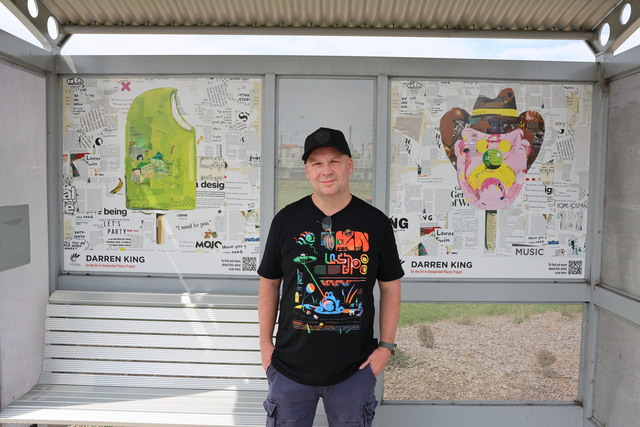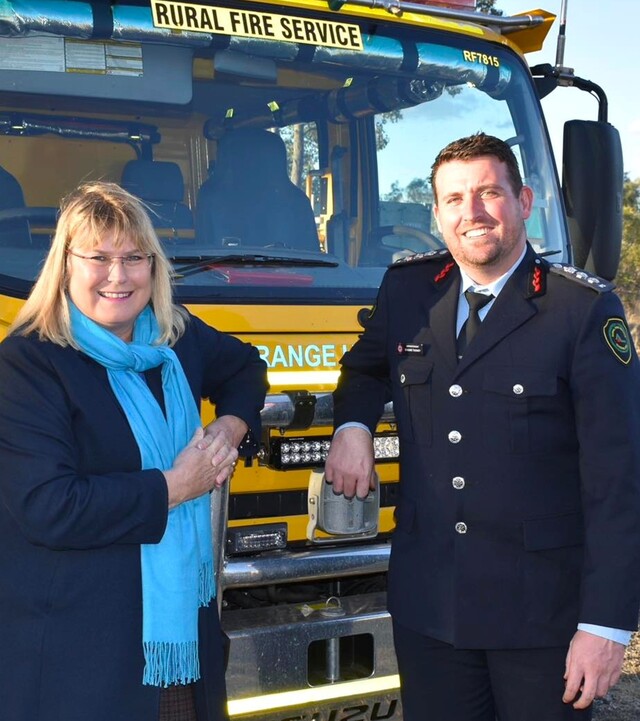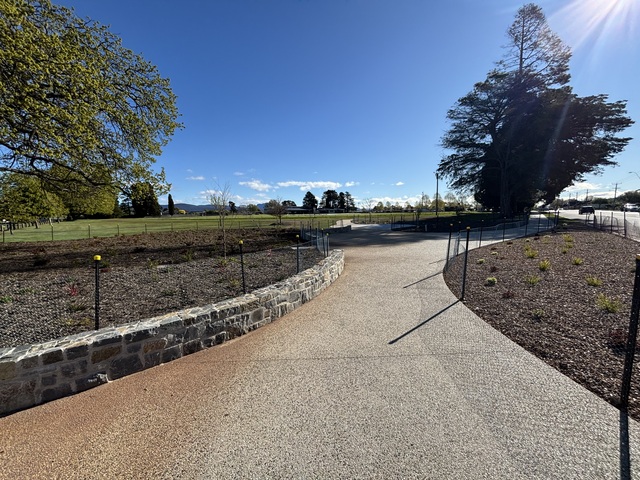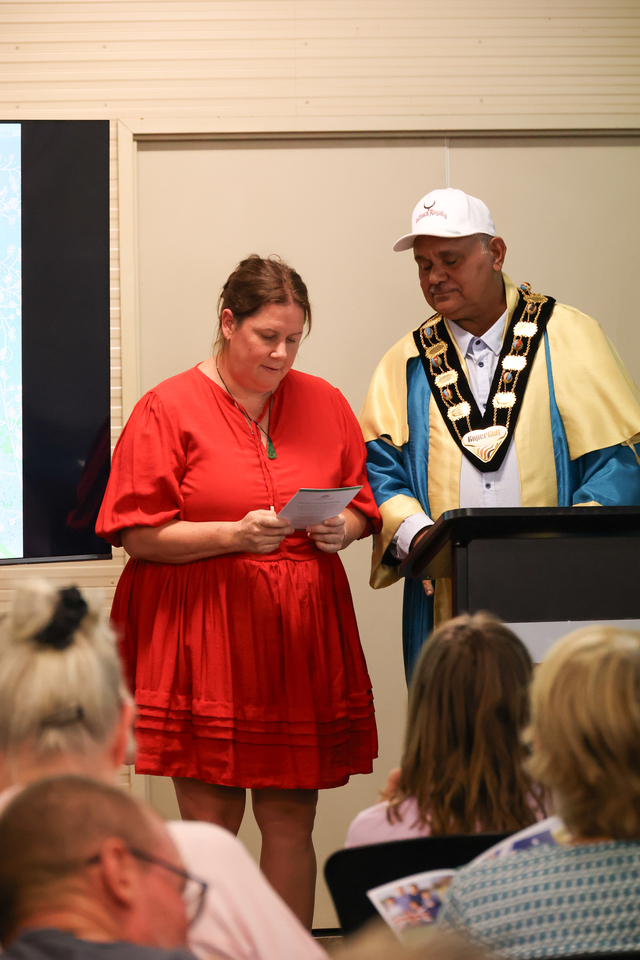In preparing for the Local Government Constitutional Summit to be held in Melbourne on 8–11 December, the Australian Local Government Association (ALGA) is seeking feedback from councils regarding their support for Constitutional recognition of Local Government, what they would like to see achieved from such recognition, and the approaches that need to be taken to gain community support to ensure such a referendum is successful.
ALGA is pleased with councils’ response to date and is urging others to visit the website at www.alga.asn.au/constitutionalrecognition
where materials and fact sheets can be downloaded to assist in providing this feedback.
Changes to the Australian Constitution via referenda does not have a good track record, with only eight of the 44 proposed changes put to the people since 1901 being passed. As well as the onerous requirements for a referendum to succeed – a majority of yes votes plus a majority of yes votes in a majority of the States (four out of the six) – bipartisan support by the two major Political Parties has been a key factor in the result. So this is the first hurdle to get over.
For Local Government the next major hurdle will be ensuring that the majority of their constituents view Local Government as both a relevant and a vital partner in our federal system of governance.
In this edition of FOCUS two of our regular contributors – Ron Exiner in his article ‘Sustainability and decision making’ (refer page 7), and Malcolm Morley’s UK experience titled ‘Making it count’ (refer page 28) – both look at the relevance of Local Government in people’s lives and when they are most likely to become involved in council issues.
In the UK, where voting in both national and local elections is not compulsory, up to 40 per cent of people don’t turn out for national elections and on average as many as 65 per cent see no point in casting a vote at local elections. Unless UK Councils can convince residents that their vote matters and it can make a difference, then they are unlikely to be bothered to vote. Malcolm Morley says if people can’t be bothered voting, “this will influence their predisposition to vote in the future and in turn rub off on the voting generations of the future and so the cycle of non voting continues”.
In Australia where voting is compulsory for Federal, State and Territory elections, voter turnout is often as high as 95 per cent, with most people taking an interest and happy to have their say in who will form the next Government.
In New South Wales, Queensland, Victoria and the Northern Territory voting is also compulsory for Local Government elections. However, this is not the case in the remaining three States – Western Australia (WA), South Australia (SA) and Tasmania.
A recent move by the Tasmanian State Government to introduce compulsory voting for Local Government elections was immediately rejected by Tasmanian councils, and similarly WA and SA councils have not been keen to move to compulsory voting for their elections.
For Local Government to be an equal partner and seen as just as relevant to people’s lives as the Federal and State Governments, this inconsistency in compulsory voting is a problem.
Voting in a referendum to change the Constitution is compulsory so in those States where many people have not seen any need or desire to vote in Councils elections, how they view the relevance or importance of Local Government is most likely to influence their vote for Constitutional recognition for Local Government.
And bear in mind, if three States fail to achieve a majority of yes votes then the proposal fails!







